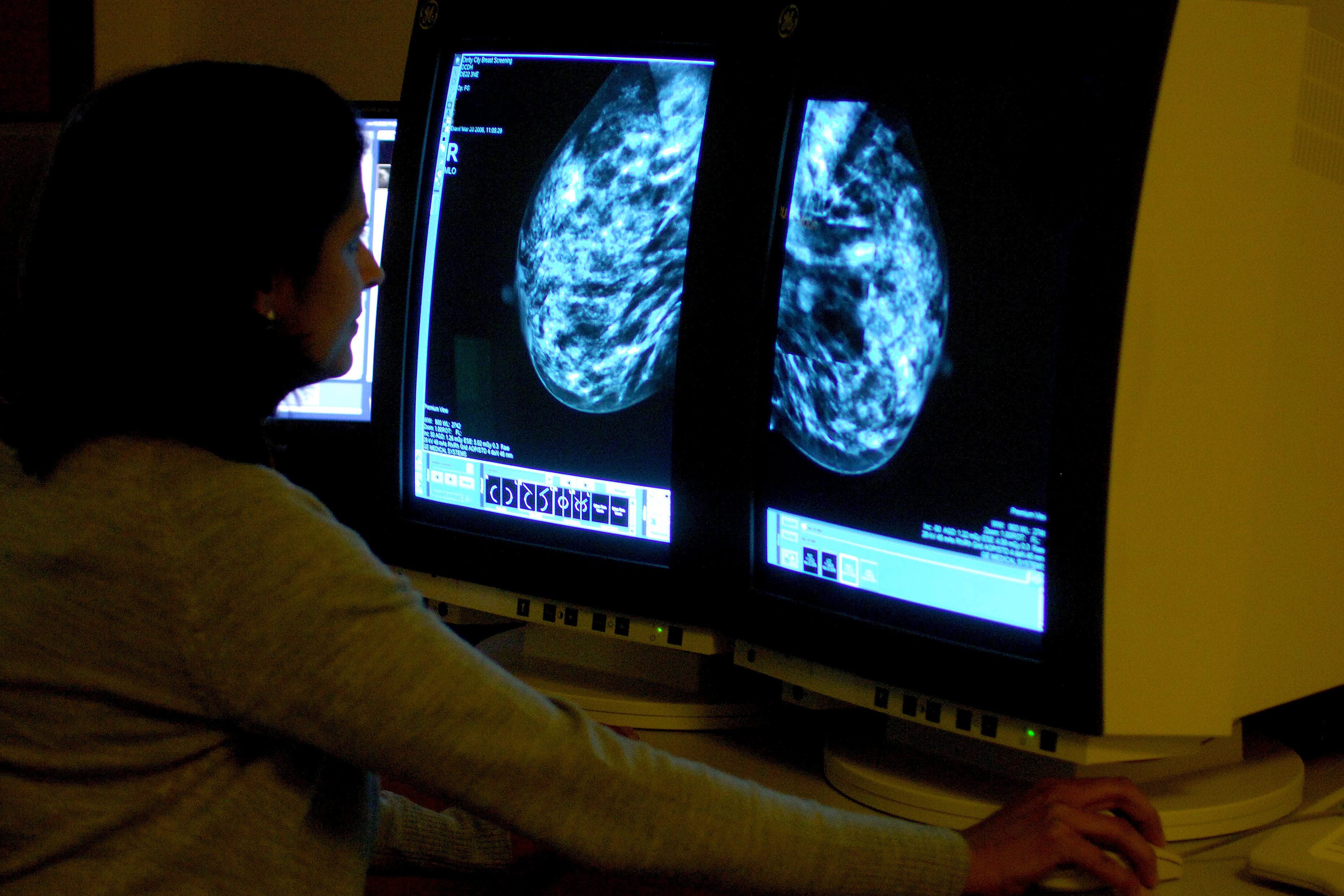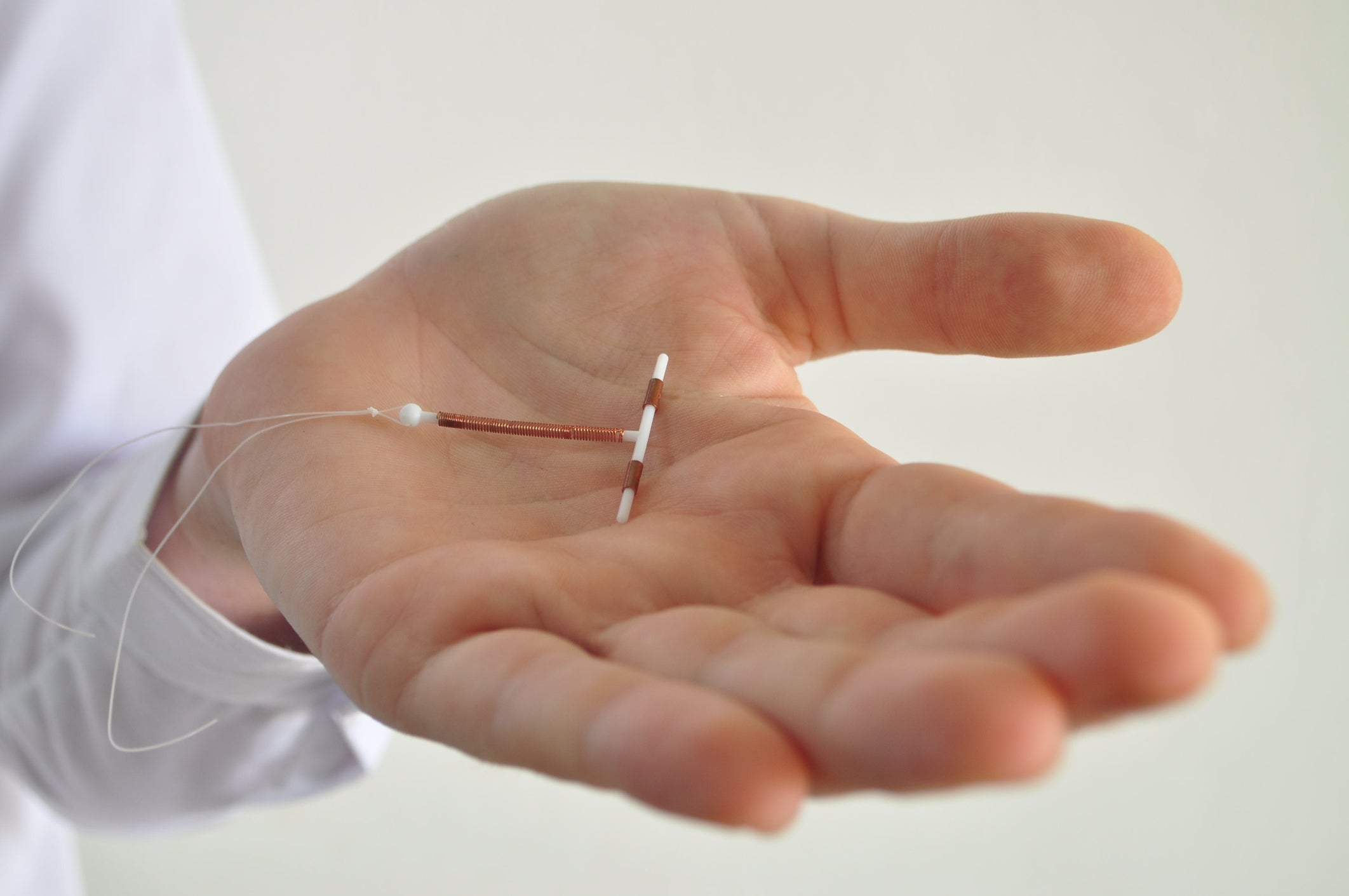Study links coil to increased risk of breast cancer
Prolonged use of the contraceptive pill slightly increases breast cancer risk

Your support helps us to tell the story
From reproductive rights to climate change to Big Tech, The Independent is on the ground when the story is developing. Whether it's investigating the financials of Elon Musk's pro-Trump PAC or producing our latest documentary, 'The A Word', which shines a light on the American women fighting for reproductive rights, we know how important it is to parse out the facts from the messaging.
At such a critical moment in US history, we need reporters on the ground. Your donation allows us to keep sending journalists to speak to both sides of the story.
The Independent is trusted by Americans across the entire political spectrum. And unlike many other quality news outlets, we choose not to lock Americans out of our reporting and analysis with paywalls. We believe quality journalism should be available to everyone, paid for by those who can afford it.
Your support makes all the difference.Women who use a contraceptive coil have been warned they may have a slightly higher risk of developing breast cancer.
A study found an “unexpected” association between the use of an intrauterine system (IUS), also known as an hormonal coil, and an increased risk of the cancer in women aged 15 to 49.
According to the findings, there were 14 extra cases of breast cancer per 10,000 women using a levonorgestrel-releasing intrauterine system (LNG-IUS) for five years, compared with a similar number of women not using the contraception.
Research has found that prolonged use of the contraceptive pill slightly increases breast cancer risk, but it was thought that using the coil would not increase breast cancer risk because of the much lower levels of hormone exposure to the whole body.
According to the NHS, an IUS is a small plastic T-shape that a doctor or nurse puts into your womb.
It stops pregnancy by releasing the hormone progestogen into the womb.
This differs from a copper coil, or IUD, which does not use hormones and stops pregnancy by releasing copper into the womb.
Dr Lina Morch, team leader at the Danish Cancer Society’s Research Centre and who led the new study, said the risk identified needs to be taken “seriously”.
She added: “For some, a hormonal IUD may still be the best choice.
“However, if a woman is approaching her 30s and 40s, when the risk of breast cancer is no longer minimal, it may make sense to consider other contraceptive options, such as a copper IUD.”

Dr Channa Jayasena, reader in reproductive endocrinology, Imperial College London, said: “The levonorgestrel-releasing intrauterine systems (LNG-IUS) is a highly effective form of contraceptive for women.
“It is well known that prolonged use of the contraceptive pill slightly increases breast cancer risk.
“However, we have always assumed that the LNG-IUS would not increase breast cancer risk due to the much lower levels of hormone exposure to the whole body.
“The results of this study are therefore highly unexpected.”
Dr Mangesh Thorat, consultant breast surgeon, Homerton University Hospital, Queen Mary University of London (QMUL), said: “Similar to the British study (Fitzpatrick and colleagues) published last year, this study shows a small increase in the risk of breast cancer associated with the use of such coils.
“The existing evidence suggests that the increase in the risk is similar to that with oral contraceptive use.
“It is worth noting that this association has been known for at least a few years and a broad consensus exists among the medical fraternity that the overall benefits of hormonal contraception outweigh the harms like such small increase in the risk of developing breast cancer.”
He added: “The risk increases with increasing age and it is reasonable for women near 40 years of age to have a discussion with their healthcare practitioner regarding non-hormonal modes of contraception.”
The study, published in the journal Jama, was conducted using data from nearly 160,000 women in Denmark, where LNG-IUS is the preferred hormonal contraception among premenopausal women older than 30 years.